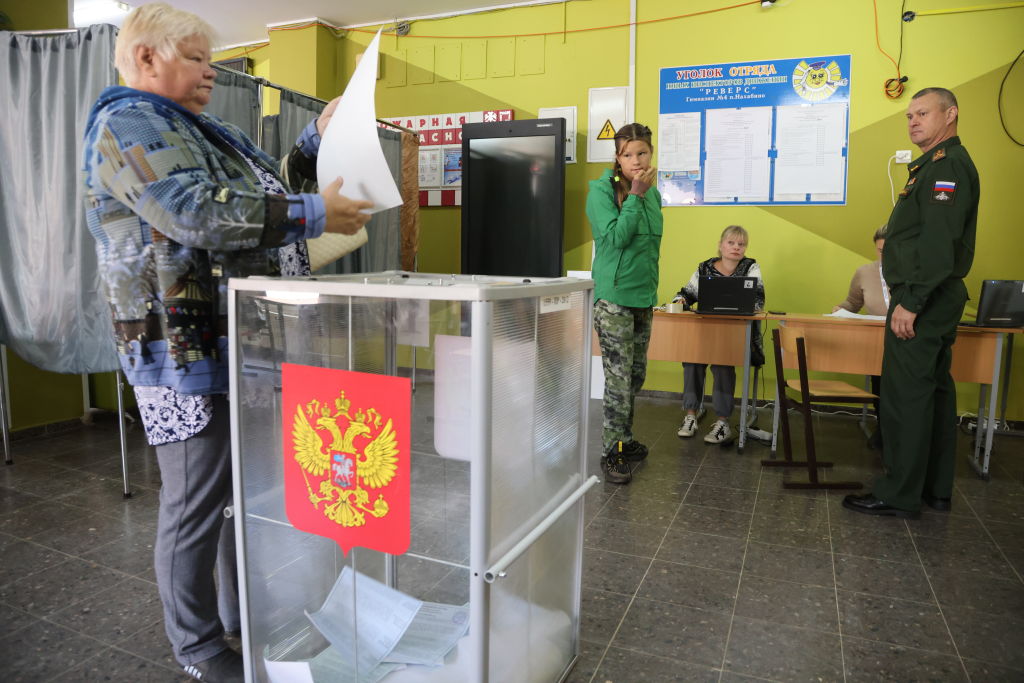The European Parliament has approved measures cracking down on “crooks” who allegedly help sanctioned entities, such as Russia, evade European Union sanctions.
On March 12, MEPs voted 543 to 45 in favour of the criminalisation of attempts to evade EU sanctions, such as transferring frozen funds or concealing an entity’s ownership of certain assets.
Under the approved rules, all EU Member States will be forced to make any such attempts a criminal offence, punishable by up to five years in prison.
All countries within the EU will also be compelled to fine companies that try to violate or dodge sanctions, with each Member State having the option of making the fine a percentage of the guilty party’s annual turnover.
According to a press release announcing the proposed changes, the European Parliament said the new deterrents aimed to standardise enforcement across the EU.
“Currently, varying penalties can lead to forum shopping – the practise of seeking out the Member States with the weakest enforcement,” it read.
“The new law would give judges a wide variety of means to punish violators. In addition to intentional violations, the trade in arms or dual-use items would also be criminalised in cases of serious negligence.”
The directive now requires final approval from the Council of Ministers before it can be published in the Official Journal of the EU.
It will then come into force 20 days after its release, with EU countries having a year to implement the required changes.
Sanctions don't work and only give legitimacy to the claims of unscrupulous governments that the West are the "bad guys," Euro MP @MPHoogeveen tells Brussels Signal.
Watch the full interview here: https://t.co/BndNVI5f6q pic.twitter.com/ChTVcmCKH4
— Brussels Signal (@brusselssignal) February 2, 2024
Speaking in the wake of the vote, the directive’s rapporteur, the RENEW MEP Sophie in’t Veld, emphasised that the deal would help patch-up what she said were weaknesses in Europe’s sanction regime, which would in turn benefit Ukraine.
“The Russian invasion benefits from crooks breaking the law in Europe. They must be caught and forum-shopping must stop,” she said.
“Forum shopping” is a term that relates to a practice where litigants have their legal cases heard in a court they think most likely to provide a favourable judgment.
In’t Veld added: “We need this legislation because diverging national approaches have created weaknesses and loopholes, and it will allow for frozen assets to be confiscated.
“Parliament took an ambitious, harmonising approach to the law, and even though we could not close all the loopholes we wanted to, it is an improvement on the current situation and shows our strong support to Ukraine.”
Despite questions regarding the efficacy of such sanctions, Brussels has continued to use the tool in an attempt to undermine Russia’s war machine. On March 12, the EU renewed penalties on individuals deemed to be complicit in the Kremlin’s 2022 invasion.
Announcing the extension, the Council said: “Sanctions will continue to apply to over 2,100 individuals and entities, many of which are targeted in response to Russia’s ongoing unjustified and unprovoked military aggression against Ukraine.”
It added it had decided to not renew curtailments on three individuals, while a further nine were to be freed from the sanctions altogether, primarily because they were now dead.
Belgian authorities have intercepted hundreds of tonnes of Russian wood despite EU sanctions that have been in effect since early 2022. https://t.co/Gbdy05kqLO
— Brussels Signal (@brusselssignal) March 4, 2024





